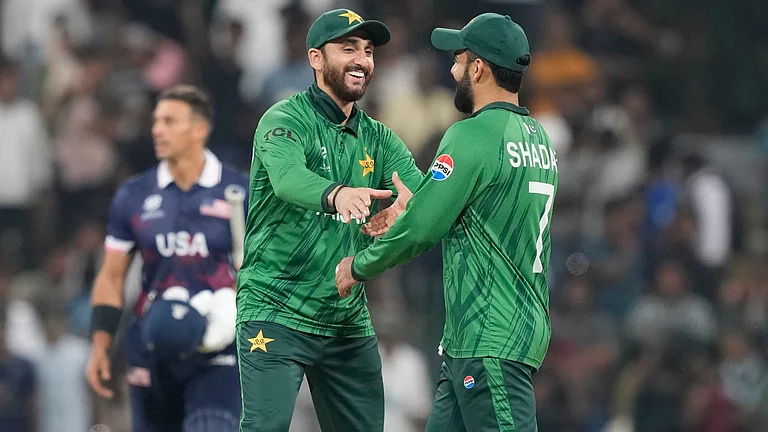While the first 100 days are an important milestone for any government, it is never easy to comprehensively evaluate its performance. Modi 2.0 is an exception to this norm because of its penchant for taking tough decisions. Its first 100 days have been a blockbuster and the media has had its own share of never-ending news cycles since the time Narendra Modi took over. A hallmark of this period has been the Modi government’s politically sensitive and crucial decisions, making it by far one of the most decisive periods in the history of governance in India. Be it amendments to the Unlawful Activities (Prevention) Act or changes in the insolvency and bankruptcy code, we have seen a government trying to solve problems at an unprecedented pace. This was also manifested in the decision to abrogate Article 370 and reconstitute the state of Jammu and Kashmir into two separate Union territories.
There is a commitment towards identification of problems in our economy, governance structure or national security and their potential solutions. While many strides have been made on the national security front, including creation of the post of joint chief of staff, PM Modi’s second tenure started with several economic challenges. These challenges got compounded due to surcharges on foreign portfolio investors (FPIs) announced in the budget, which resulted in a complete reversal of the economic sentiment.
We have come a long way since and the finance ministry has rolled back the FPI surcharges, while announcing a slew of measures to revive the economy. For example, as many small traders and big businesses demanded timely GST refunds, the government declared that the refunds would be cleared within 60 days. This shows PM Modi’s administration continues to be as responsive as it was in its first tenure. Add to this the front-loading of bank recapitalisation combined with the pending consolidation of public sector banks, and the government has shifted the gears on fixing our banking system. This combined with bank governance reforms ensures that we not just fix the system but also leverage on it as we move towards a $5-trillion economy.
Nobody can deny that our growth has slowed, but the speed and magnitude of its decisions so far give us the confidence that this government won’t shy away from taking bold policy measures. If we can see 10 banks merged into four within 45 minutes, then everything, including big-ticket privatisation, is well on the cards. Growth too will revive from the third quarter onwards and the government has done its part, but we are waiting to see whether the monetary policy committee plays its part or not.
There is also a sense of policy continuity since Modi’s first tenure as prime minister, where the focus was on sanitation, financial inclusion, houses, electricity and clean fuel. In his second stint, the focus is on ensuring piped water to all and further expansion of the State’s social security net to improve quality of life.
Be it the issue of triple talaq, Article 370 or the new Motor Vehicle Act, the government has taken bold steps aimed at building a ‘New India’, where every citizen is empowered with the same set of right and has access to a decent quality of life, while the society complies with the local rules and regulations. Modi 2.0 is an extension of Modi 1.0, which laid a strong foundation of a modern economy.
The clean-up of the system, especially of crony capitalism, is largely over, and, in its second avatar, we see the government fix the system further to build a transparent, robust and compliant economy that fulfils the aspirations of a billion people.
The government has been in an action mode since its first day. With Article 370 gone and triple talaq banned, we may soon have the much-awaited Uniform Civil Code. Due to the ongoing trade war and likelihood of Brexit, the global environment demands a decisive government at the helm to help navigate us through. In Narendra Modi, we have found something better as he is working to resolve most of our domestic problems even while he continues to consolidate on the benefits of his brilliant outreach efforts made previously on the international front.
Definitive action defines the first 100 days are and, in all likelihood, will define PM Modi’s second stint as he goes down in history as India’s reformer-in-chief.
(The writer is a Delhi-based public policy researcher)





















